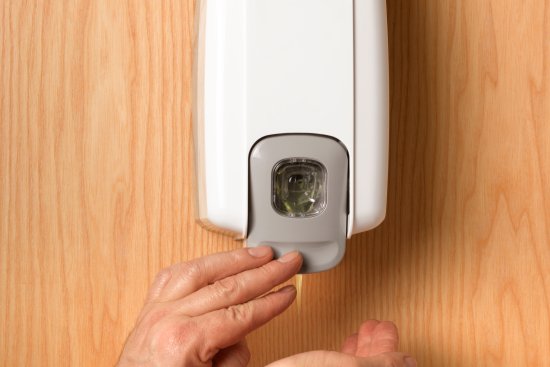
It's official: Antibacterial formulas do not work better than regular soap
If you’re bothering to wash your hands regularly—and you should—you’re probably using antibacterials, many of which contain triclosan, an effective bacteria-, virus- and fungus-fighting agent. But concerns over the health consequences of too much exposure to triclosan—it can breed resistant bacterial strains, disrupt hormones and possibly contribute to some cancers—compelled the U.S. Food and Drug Administration in 2013 to require manufacturers to prove that antibacterial soaps are safe to use and more effective than traditional soaps.
MORE: Minnesota Bans Antibacterial Triclosan
What researchers found, as they detailed in an report published in the Journal of Antimicrobial Chemotherapy, was that the antibacterial formulas did not kill any more bacteria than traditional soap and water for any of the strains even after 20 seconds, which is the length of time that the World Health Organization recommends for hand washing.
MORE: You Asked: Should I Use Antibacterial Soap?
Scientists at Korea University decided to compare antibacterial soaps and traditional soaps on 20 strains of bacteria against which the FDA suggested companies test their products. The researchers dropped small amounts of bacteria in vials containing various concentrations of triclosan-containing formulas as well as non-antibacterial versions. They also coated 16 volunteers’ hands with bacteria and then asked them to wash their hands with the two different types of soaps so the scientists could measure bacteria levels afterward.
The antibacterials performed no better. The only difference that they made was in an experiment in which the scientists left the solutions for nine hours. Only then did the antibacterial soaps eliminate more bacteria than plain soap. Since nobody is expected wash her hands for nine hours, the lesson seems to be that when it comes to washing your hands, you don’t need fancy antibacterial brands.
Plain old soap and water will do just as well.